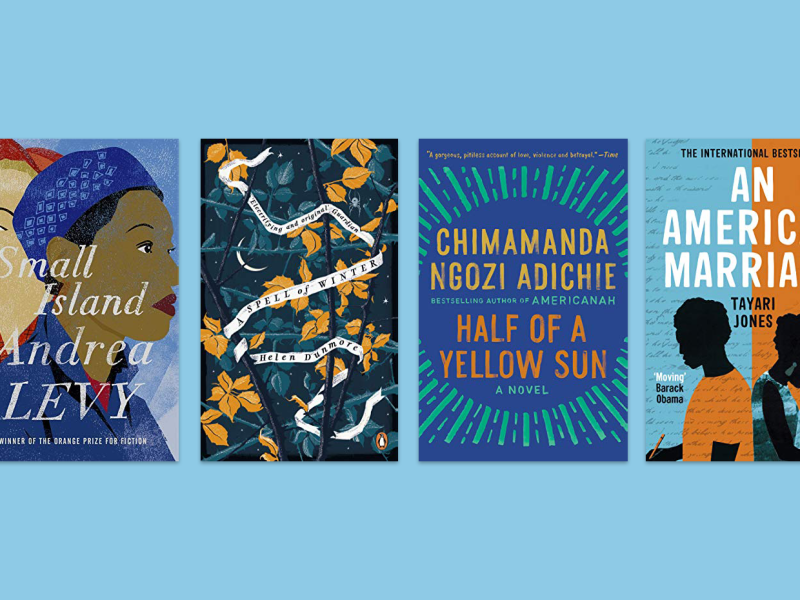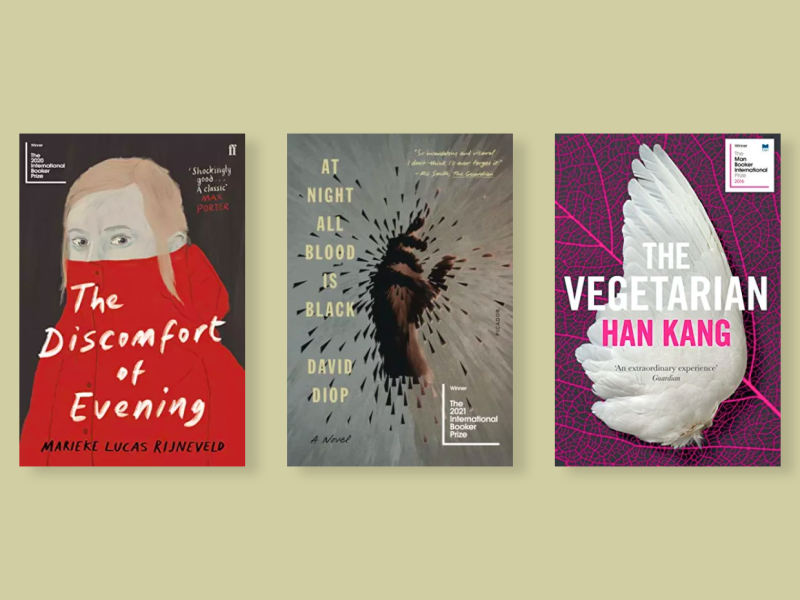The Nobel Prize for Literature is the world’s most important international literary honour. Alfred Nobel - the Swedish scientist, engineer, and inventor - left his fortune to establish awards for physics, chemistry, physiology/medicine, peace, and literature.
The prizes began in 1901, and the first winner for literature was the French poet and essayist Sully Prudhomme. The winner is decided by a committee consisting of members from the Swedish Academy, which was founded in 1786. The Swedish Academy features 18 people of note – such as writers, scholars, and historians - who have the role for life. The prize is awarded for a writer’s overall body of work although individual works of importance have been cited at times.
Past winners include Annie Ernaux, Ernest Hemingway, Albert Camus, Hermann Hesse, José Saramago, Pablo Neruda, Kazuo Ishiguro, and Aleksandr Solzhenitsyn. Swedish author Selma Lagerlöf was the first woman to win the Nobel Prize for Literature in 1909.

The Nobel Prize looks for excellence in more than just fiction. Non-fiction authors (Winston Churchill and Bertrand Russell), poets (such as T.S. Eliot), playwrights (such as Harold Pinter and Nelly Sachs), a short story writer (Alice Munro), and even a singer/songwriter, Bob Dylan, have been honoured.
The 2023 winner is Jon Fosse, one of Norway’s most prominent and celebrated playwrights and novelists. His works, often marked by their minimalist style and deep existential themes, explore the interior lives of rather solitary characters. He published his first novel, “Red, Black,” in 1983, and his debut play, Someone Is Going to Come followed in 1992. His work A New Name: Septology VI-VII was a finalist for the International Booker Prize in 2022 and his other major works include Melancholy; Morning and Evening and Aliss at the Fire.
*The list of winners shown below contains quotations sourced from nobelprize.org. Prizes were not awarded in 1914 and 1918.


